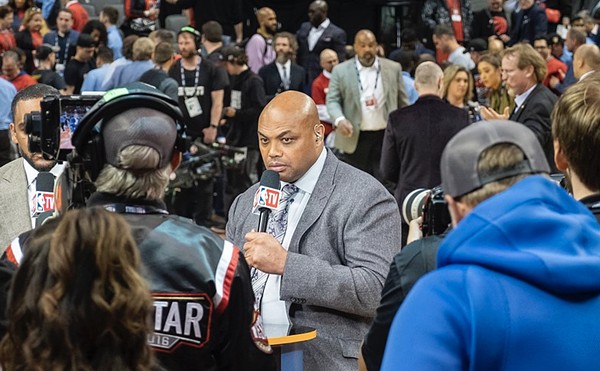Gore Vidal has had as many careers as any American public intellectual might want: activist, novelist, essayist, playwright, screenwriter, expatriate observer, and all-around celebrity whore. In his prime, he was known for his historical novels like Lincoln and Burr and his literary criticism that has appeared everywhere from The Nation to The New York Review of Books.
Nowadays he’s known for his political writing, which could be characterized as somewhere between far left and far nutty. (To wit: his Vanity Fair profile of Timothy McVeigh characterized the Oklahoma City bomber as a mostly misunderstood victim of the system. Uh huh.)
Point To Point Navigation is a flighty book, hopping between whatever memories come across Vidal’s mind, and elicits a range of reactions, from irritation to incredulity. Yet however pompous and flip the tone, it’s a very fun book to dislike.
It starts with the confession that our author was once a famous novelist, but such a thing no longer exists in American life. This is an honest, if sad, admission. But let’s face it, today’s producer of literary fiction has neither the cultural capital of a clever comedic filmmaker nor the political clout of an A-list blogger.
Despite conceding this ground, Vidal’s tone would suggest he doesn’t really believe it: that all of America, if not the Western world, has been doing little else these 10 years since his first memoir, Palimpsest, but biding time for the second. What, the nation frets, does Vidal really think of his many biographers? To what Ivy League institution does he send his fan mail? And so on.
There are words to describe Vidal’s self-important style, but none seem nearly potent enough. Maybe if one put “self-infatuated” or “indulgent” on a Jason Giambi prescription diet, it might begin to suggest what he’s capable of. So many of the sentences that inaugurate each short chapter (there are 56 in 272 pages) border on self parody, the book makes the satirist Neal Pollack’s “Greatest American Writer” shtick barely fatuous.
Witness a few cuts:
“I have now had a researcher prepare an outline of what I was writing and sometimes doing over the last forty years ... ”
“Although I answer letters from friends and even interesting requests for information, most of the fan mail goes into a large box which is eventually shipped off to the Houghton Library at Harvard … I’ve always kept just about everything that comes my way as did Lord Byron, Thomas Wolfe and not many others, or so I’m told by university archivists.”
More to the point, Vidal manages to recall nearly everything related to himself, but then he simply can’t be bothered with other details. Like the names of Saul Bellow’s wife(s).
In fact, much of Point To Point is mired in score-settling with writers you’ve never heard of in magazines you didn’t read. While it’s surely not fun to have misperceptions scribbled about you floated in major publications, surely there’s a statute of limitation on such squabbling. One that expires within a few months of print?
What makes Point to Point readable is more complicated than what makes it cringe-worthy. Perhaps it’s that Vidal doesn’t have to prove anything, so it’s easy to accept him for who he is: a dissident, an anachronism, and a font of the rare sort of celebrity gossip that contains tracings of profundity. There’s also bits on the death of his longtime partner, Howard Auster, and the lonely sensation of watching so many contemporaries pass that redeem much of the book’s ephemeral musing.
Vidal’s professional life and the accident of his birth have granted him access to the sort of people nobody who’s still writing really knows. The fact that he’s the grandson of a famous Oklahoma senator, related to Jackie Onassis, friends with, oh, let’s see … Tennessee Williams, Paul Bowles, Johnny Carson, the list continues, renders the etiquette of name-dropping somewhat, but not totally, irrelevant.
When your family was on a first-name basis with Amelia Earhart and you’ve dined at the White House with Jack and Jackie, chilled with Princess Margaret and Greta Garbo, how can you not mention it? And let’s face it, there’s some great dish here: about Jackie O’s response to her husband’s assassination, about the Queen of England’s personal tics and more.
















